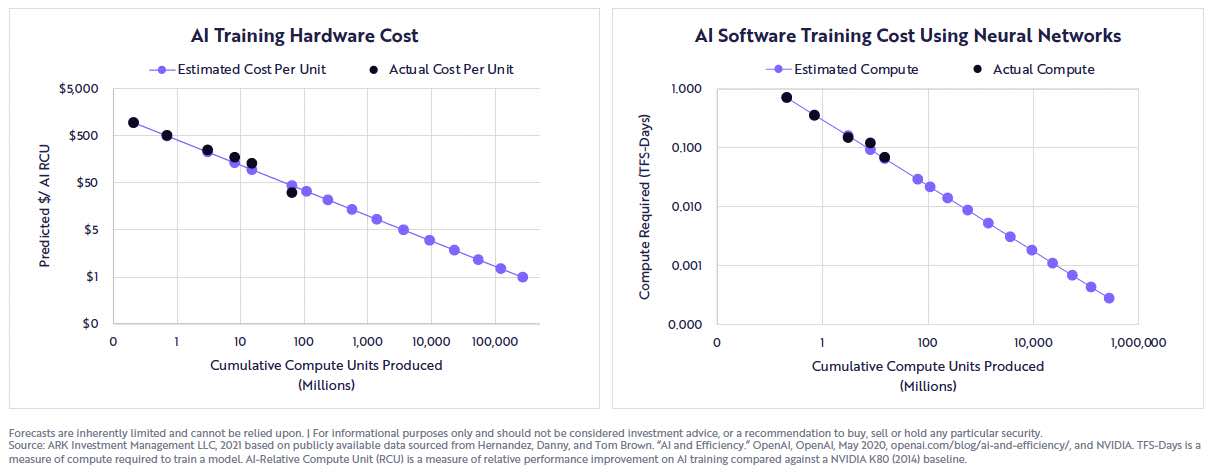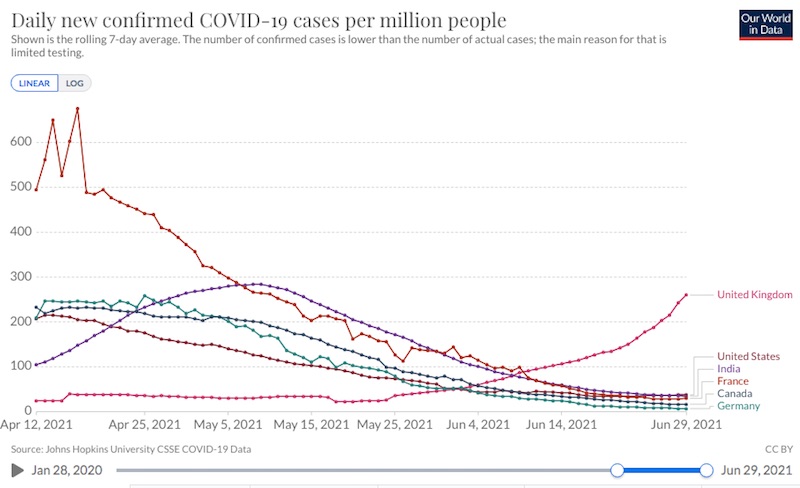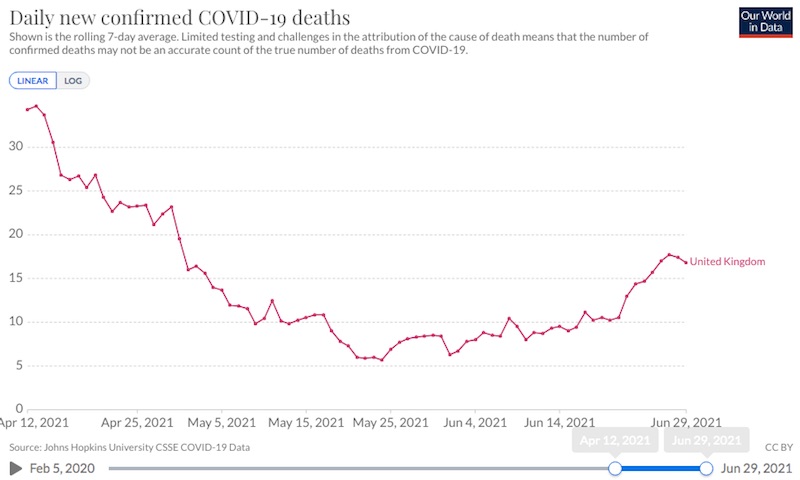A few decades ago, someone or other caught the imagination of nerds by warning about ‘grey goo’ – a sludge of self-replicating nanobots that once they got going would eventually submerge the planet beneath depthless layers of their endlessly churned-out carcasses.
That or they ate the world to the core with their ceaseless reproduction.
Either way, not so much Terminator as a silicon Sperminator.
Now, you might protest that I’ve been a bit vague with my introduction. Who exactly said this? When? Where?
But let’s face it – this is the direction we’re headed.
I vaguely remember the details. Either I’ll have to Google it or you will. And right now – mostly to make a point – I can’t be arsed.
You knock yourself out though if you like. I’ll wait…
…you’re back already? I suppose some of us slip down the Net’s rabbit holes more easily than others, eh?
Anyway, back to grey goo.
No goo zone
Or maybe not as grey goo hasn’t happened yet. So far the only unnatural junk piling up on the planet is what we humans put there.
Yes, okay, mud in some forms is a sort of carbon-based life’s grey goo. I’m thinking rich peaty loams and forest canopy floors. Oil sands.
And yes, we could have a long chat about the evolution of grey goo that eats grey goo and where that would all go in a billion years.
But this isn’t the article for such diversions.
My point is we’ve escaped Goo-meggedon so far. At least in the physical world, which still matters the most but won’t before the century is out.
Let the goo times flow
Back over in Not Real Life however – the light-fast world of data and compute and 4Chan LOLs and our future – things aren’t going so well.
Just two months ago I wrote that soon we’ll have to demonstrate our identities to prove we’re not AI-bots. To authenticate our humanity on everything from Twitter to (eventually) talk radio phone-ins.
But by ‘soon’ I mean I was thinking a few years. Not months.
However ChatGPT has put the vanguard of machine learning into the public’s hands with a global gusto. And the resultant cacophony of coverage and wonder has even outdone Dall-E and Stable Diffusion and the other image-focused AI systems’ debuts earlier this year.
Indeed no sooner than you can say “a gun is a dangerous weapon, don’t point it at anything important and treat it with respect” people are already flooding Internet forums created for human pronouncement and consumption to post ChatGPT’s (stupendous) verbal vomit.
To give just one example, Liam Tung of ZD Net reports:
Stack Overflow, a site where developers can ask and answer coding questions, has temporarily banned the use of text generated from ChatGPT, a chatbot released by Open AI last week.
ChatGPT is based on OpenAI’s GPT-3 language model.
People have quickly discovered that, while it answers prompts in a “human-adjacent” way, there can be flaws in the answers it gives.
Basically, keen Stack Overflowers (I guess? I’m not a local) have been spamming the site with ChatGPT-created content. Which is a problem when even the bot’s creator, OpenAI, stresses its precocious child can deliver “plausible-sounding but incorrect or nonsensical answers.”
Liam Tung – who may or may not be an organic life form himself – continues sagaciously:
This appears to be a key cause of its impact on Stack Overflow and its users who are seeking correct answers to coding problems.
Additionally, because ChatGPT generates answers so quickly, some users are supplying lots of answers generated by it without parsing them for correctness.
Oh Liam! In just a few casually typed out / generatively predicted words there, you’ve raised so many questions about the future of knowledge, civilisation, blogging for early retirement, and getting a robot to do one’s schoolwork.
But it’s a common kernel at the heart of all that which we’ll be choking on today.
The goo goo trolls
You see, what has struck me most forcefully in the past fortnight is the sheer volume of data these things are going to create.
So far it’s just everyone and his dog. But soon it will be everyone and their robot. Then their robot’s robot. And so on.
Listen carefully! Do you hear a tap-tapping?
Yes, it’s the sound of Lithuanian troll farms and Texan entrepreneurs alike bashing out code and sending forth bots to drown us all in this calorie-light info-crud in order to earn a few dollars from Google’s Adsense. Or perhaps to tilt us to vote this way or that.
Look, I don’t know their nefarious plans. I’m one of the good guys.
But even as I’ve been pecking away for hours like every other curious pigeon on ChatGPT’s levers in the hope of another crumb of dopamine, it struck me that humanity’s death by AI might be even dumber than I previously suspected.
True, I’ve led the field among very obscure pundits in warning that just getting rid of 90% of low-level knowledge jobs could be more than enough to rupture society. At least for a few decades and a civil war or two.
In other words we don’t need a post-singularity-level evil and scheming AI to explain why, with regret, the human race has to go, as it dangles us over a bubbling vat of metaphorical sulphuric acid.
No, just a cheap and dumb-ass bot that can be copied-and-pasted over the world’s office employment might do the trick.
But what’s clear from even these early skirmishes with ChatGPT is an even more insidious risk – the danger of our emerging ‘other’ reality being rapidly flooded with data goo. ‘Plausible-sounding but incorrect or nonsensical’ gunk – or even mostly right but still exceeding mediocre verbiage – that crowds out what little signal is left in a world that already seems to be turned up to 11 on the noise front.
Holly goo lightly
Of course there will be solutions. Every platform already has its own Deckardian countermeasures seeking to resist or destroy this stuff.
But the models will improve. And it will be ever harder to tell their output from a real person’s most precious shared thoughts.
At best it’s yet another arm’s race that you and I will increasingly be viewing out of a passenger window rather than the cockpit, while software does all the heavy-lifting.
Leaving us wondering if we’re on a nice getaway flight to someplace warm, or actually cooped up inside a missile heading for impact.
Or else I guess it breaks the Internet and we go back to fire and parchment and worrying about the wolves.
(But no we won’t go back. As I wrote previously we’ll sign-in as provably real people and fence this stuff out. But we’ll have to do that, for as long as we can. Nobody wants the wolves again.)
Hah! Stick those 1,153 words in your natural language model’s pipe and smoke them. I won’t go down without a fight.





